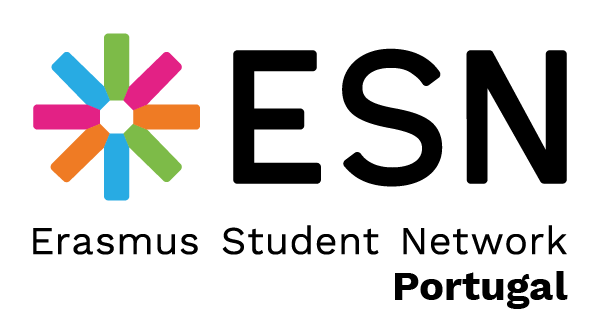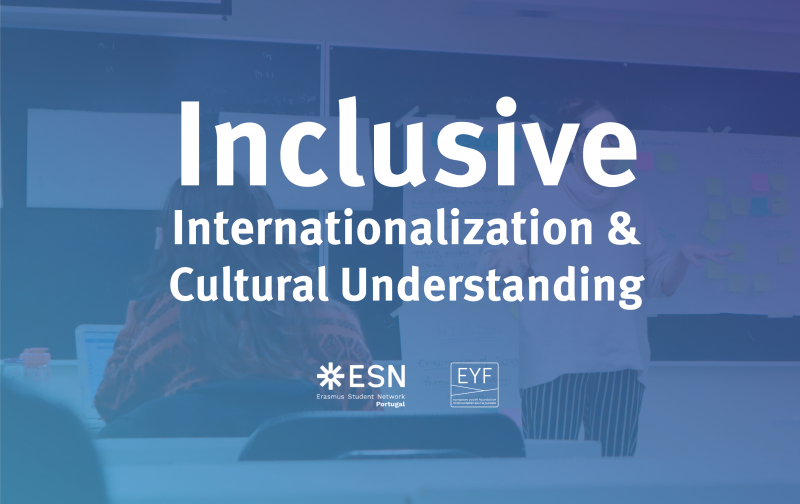Project financed by the European Youth Foundation.
Even though we have a society that is increasingly rich in diversity and cultures, behaviours of intolerance, discrimination, stigma and hostility against minorities, such as migrants, refugees, LGBTQI+ community, among others, do not seem to decrease. Disappointingly, the pandemic boosted all forms of social exclusion, which is particularly aggravated in rural areas due to the lack of articulation of innovative projects with great social impacts.
In order to foster inclusive and peaceful European communities, we empowered and supported youngsters, especially from the rural areas of Covilhã, Tomar and Coimbra, so that they can be youth supporters in their own communities and universities and keep spreading awareness actively about how to deconstruct the mechanisms of underlying discrimination and stigma. They are now working daily to change their own community, because they are aware and sensitive to the need for change in their community.
The main topics we approached with them were respect, tolerance, European values, diversity, mutual understanding, the comprehension that people experience the same things in different ways, and there’s nothing wrong with it, stigma, racism and xenophobia.
Now, the young people that participated in our project are an asset of change, wherever they may go, because they have the knowledge, skills and tools required to prevent these dysfunctional patterns of behaviour, and positively influence other youngsters.
For us it was very comforting to realize that we were able to achieve the goals we set upon ourselves, both at a general and at a specific level, namely:
-
Raise awareness among young people (students) regarding the benefits of a multicultural community based on common European values and to empower them to be agents of change and leaders in their communities, making each community more inclusive.
-
Empower youngsters and give them the tools to be able to change behaviours and actively promote multiculturalism, cultural understanding, European values and inclusion.
-
Promote dialogue between youngsters, youth organisations, decision-makers (such as higher education institutions) and the community on issues of multiculturalism and discrimination particularly in rural areas, raising awareness and fostering social transformation;
-
Sensitise other youngsters to the topics developed in the project, so that they become more aware and active when facing eventual situations of intolerance, racism, xenophobia, among others.
Finally, a toolkit was developed. This toolkit includes an impact report of the activities implemented (based on the 2030 Agenda for Sustainable Development of the UN); the workshop outlines and materials utilised during the project, duly reviewed and updated according to the feedback we received; recommendations for decision makers (such as higher education institutions), so that policies are adjusted to make the communities more inclusive.
Additionally, participants acquired and developed essential competences, like knowledge, skills and attitudes, according to the key competences for lifelong learning from the Council of the European Union.





